As temperatures climb higher, global warming doubt among Americans is falling to record lows. Recent reports indicate that the first half of 2016 was the hottest since records have been kept. At the same time, the number of Americans who do not think there is solid evidence for rising global temperatures has reached a new low: just 15%. These results from the latest National Surveys on Energy and the Environment (NSEE) from the University of Michigan and Muhlenberg College indicate the lowest level of global warming doubt among Americans since the NSEE began in 2008 and represent a 9% drop in skepticism from early in 2015. At that time, 24% of Americans expressed the view that there is not solid evidence of global warming.

Despite the combination of record temperatures and declining public doubt regarding the existence of global warming, the issue of climate change received vastly different levels of attention at the recent Republican and Democratic national conventions. In Cleveland, the issue of climate change was largely ignored. Republican nominee Donald Trump did not even mention the issue in his acceptance speech, and other speakers either followed suit by not addressing the matter or deriding measures such as the Paris Agreement that seek to mitigate warming. In stark contrast the Democrats regularly called for greater action to confront climate change during their gathering in Philadelphia with their highest profile speakers such as presidential nominee Hillary Clinton and President Barack Obama both prominently citing the issue in their deliveries at the convention.
So how does the extremely varied attention to the issue of global warming at the conventions align with the rank and file members of the two parties? Four out of five Americans who identify as Democrats think that there is solid evidence of global warming with only 1 out of 20 holding the position that such evidence does not exist. Republicans are more divided, and many of them are changing their minds. They are fairly evenly split between those that think there is evidence of global warming (39%) and those who don’t (34%). The most significant change in the past year has been the number of Republicans who report that they are unsure about evidence of global warming, which doubled from 13% to 26%. Whatever the cause of these shifting attitudes, the overall divide on the matter among the party faithful may help explain why the topic rarely surfaced at the convention in Cleveland.

So as we turn more completely to the general election in the wake of the conventions, what can be expected by way of the issue of global warming in the campaigns? The overwhelming levels of acceptance of evidence of global warming by Democrats and independents will certainly align with the Clinton campaign’s call for increased attention to the matter. Simply put: when it comes to public acceptance of global warming as a reality, Americans are “with her.” However many election polls indicate the issue continues to be one of relatively low saliency, especially to Republicans. Thus, the conflict between Trump’s outright denial of the underlying problem and widespread acceptance of global warming’s existence among the American electorate may have limited effect on the ultimate decisions that many Americans will make this November. Expect Trump to say little about the issue unless directly pressed, and when he does espouse his rejection of evidence of global warming he is likely to remain confident that the vast majority of Americans who disagree with him on the matter will not punish him for his stance on election day.
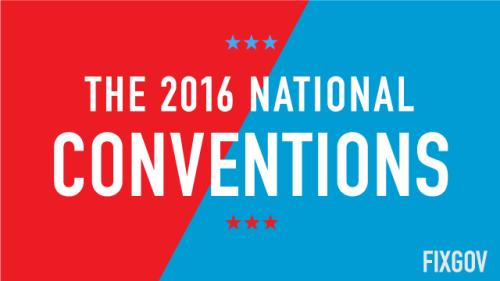
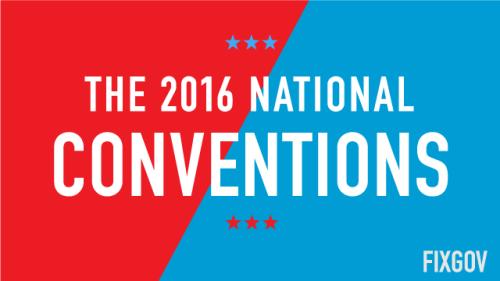
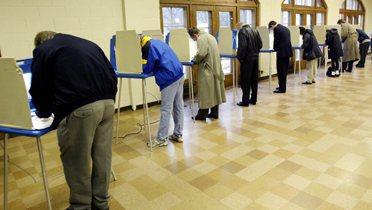

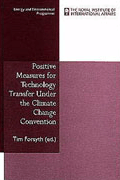
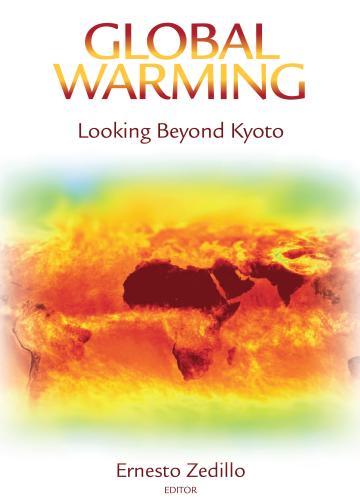


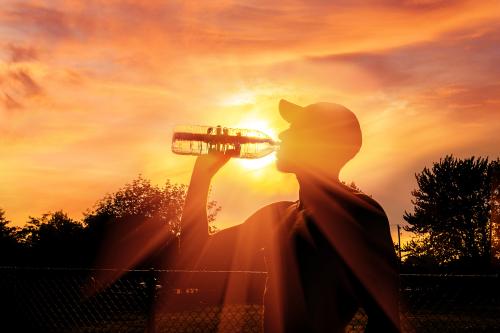

Commentary
Overall Americans are becoming less skeptical about global warming, but there are still partisan divisions
August 4, 2016